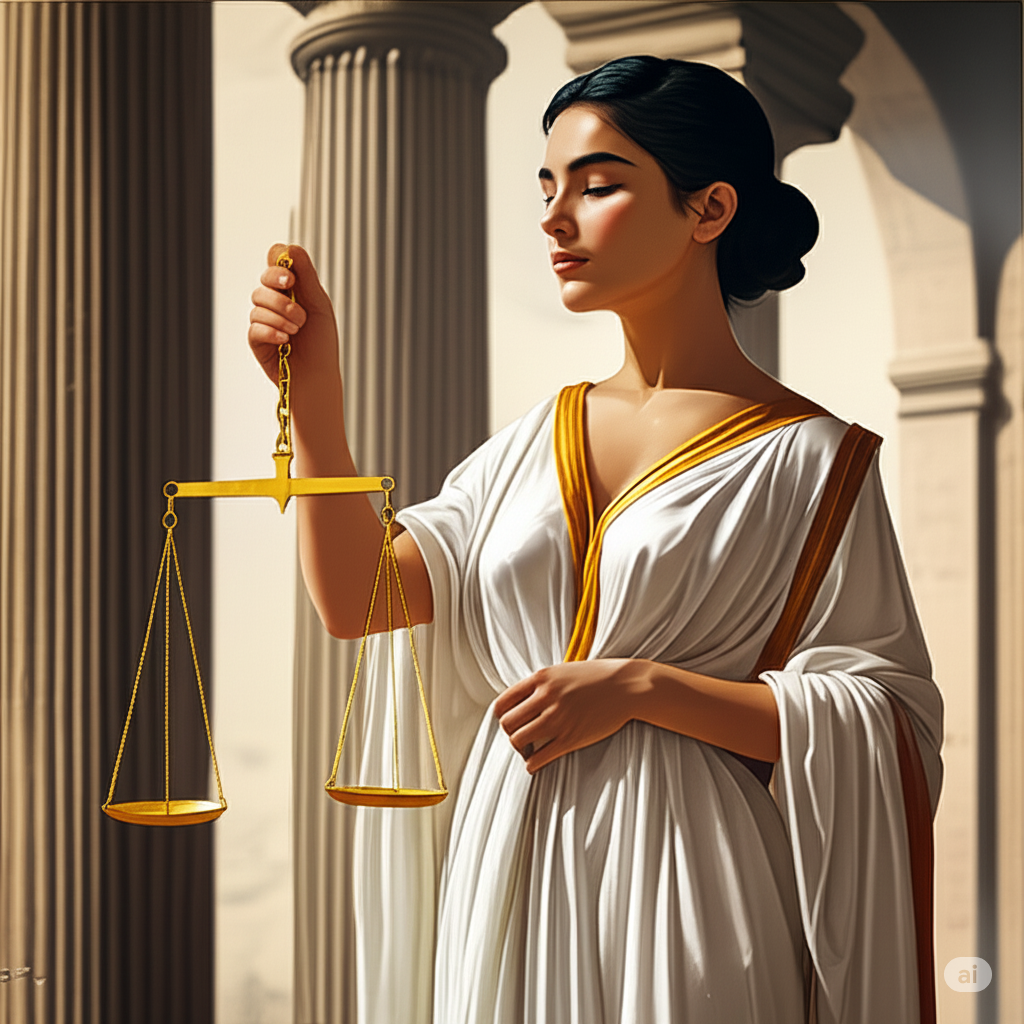I don’t know what role, if any, a deity might play in your life, but on my exceptionally short list of immanent beliefs worthy of worship is The Rule of Law: In a nutshell, “no one is above/all are equal before the law.”
Its pedigree goes back in human history, way back.[1]
The Indian epics Ramayana and Mahabharata (ca. 8th and 9th C. BCE) held, unsubtly, that citizens should “execute a king who does not protect them, but deprives them of their property and assets and takes no advice or guidance…” Similarly, from the Upanishads, roughly the same era: “The law is the king of the kings. No one is higher than the law. Not even the king.”
More prominently in my sociocultural heritage and perhaps yours are of course the Greeks and Athens in particular. Aristotle and Plato both held that law should supersede and override the preferences or beliefs of any one citizen, and on the Roman side Cicero wrote in befitting summary that “we are all servants of the law in order to be free.”
In the Anglo-Saxon/common law tradition, its primacy goes back most famously to the Magna Carta of 1215, whereby the Barons in England limited the powers of King John. The power of Magna Carta was reinforced, humorlessly, by the Catholic Church’s practice of excommunicating violators for over three centuries afterwards until, in 1534, other statutes superseded it.
But even before the Magna Carta, the 9th C. Anglo Saxon king Alfred the Great assembled the “Doom Book,” premised on biblical commandments, decreeing that all, friend or foe, rich or poor, had equal stature when it came to legal judgment. (Leviticus 19:15: “You shall not favor the wretched and you shall not defer to the rich.”)
Jumping forward a few centuries in Britain: John Locke, in his “Second Treatise of Government” (1690), wrote that:
The natural liberty of man is to be free from any superior power on earth, and not to be under the will or legislative authority of man, but to have only the law of nature for his rule. The liberty of man, in society, is to be under no other legislative power. [emphasis supplied]
These principles carried forward directly to the American colonies and the nascent United States. Thomas Paine, certainly one of the most prominent spokesmen for the revolutionary cause, wrote in his celebrated “Common Sense” that “in America, the law is king.”
[Too] much ink has been spilled slicing and dicing minute particulars of what the Rule of Law does or doesn’t include or exclude, but for our purposes today what fealty to the Rule of Law entails is intuitively straightforward:- Accessible, transparent, and knowable, that is, not depending on whim or arbitrary fiat du jour
- Law trumps individual or governmental discretion
- Consistent application across all members of the relevant polis
- Everyone subject to the law—citizen and non-citizen alike—has the right to legal redress and, if necessary, fair trial.
These principles may seem instinctively sound and “right-minded,” but what happens if the relevant authority in power behaves in a manner that disregards them?
Here we come face to face with the role of members of our profession as “officers of the court.” In normal times that’s a comforting and fuzzy, noble calling, but in blessedly-rare situations it needs to have teeth.
The vast majority of this article has dwelt on well-known and estimable thinkers and phrases, so why stop now?
I leave you with the impeccable precept that “to whom much is given, much is expected.” Though this particular formulation paraphrases Luke 12:48, the principle is hardly limited to any one creed or historical pedigree. It is a principle of bedrock justice. And it applies with special and uncompromising force to those of us, Officers of the Court, in the largest, most prominent, and most successful firms in the industry.
These days, it’s far more sobering than flattering. I hope we don’t have to find out whether we can live up to it.
[1] With thanks for historical detail to Wikipedia: https://en.wikipedia.org/wiki/Rule_of_law



